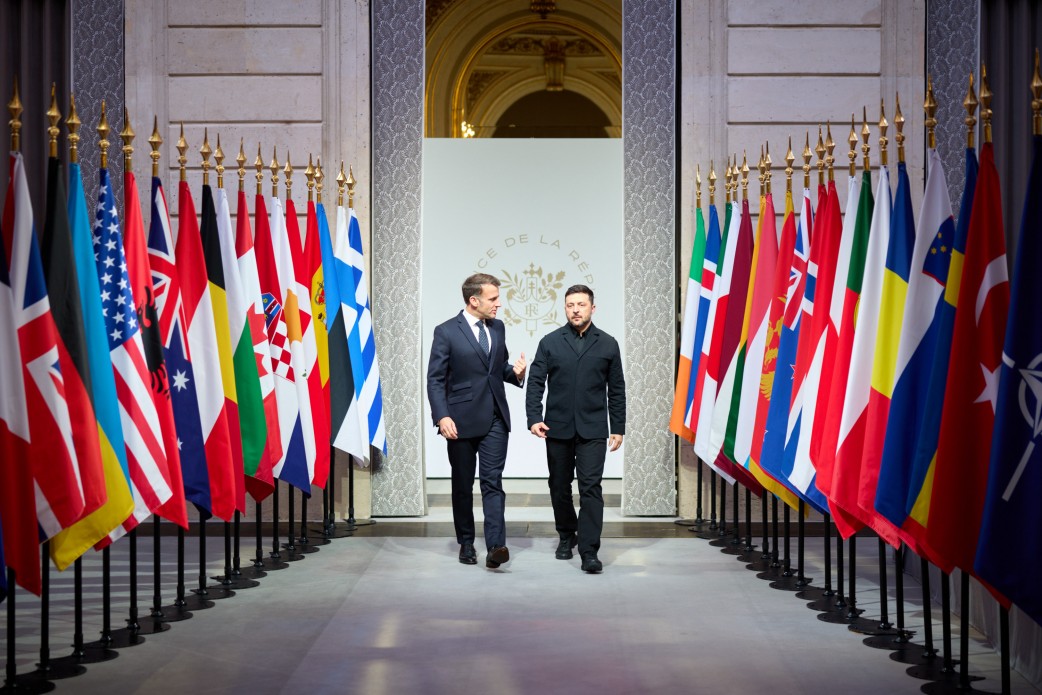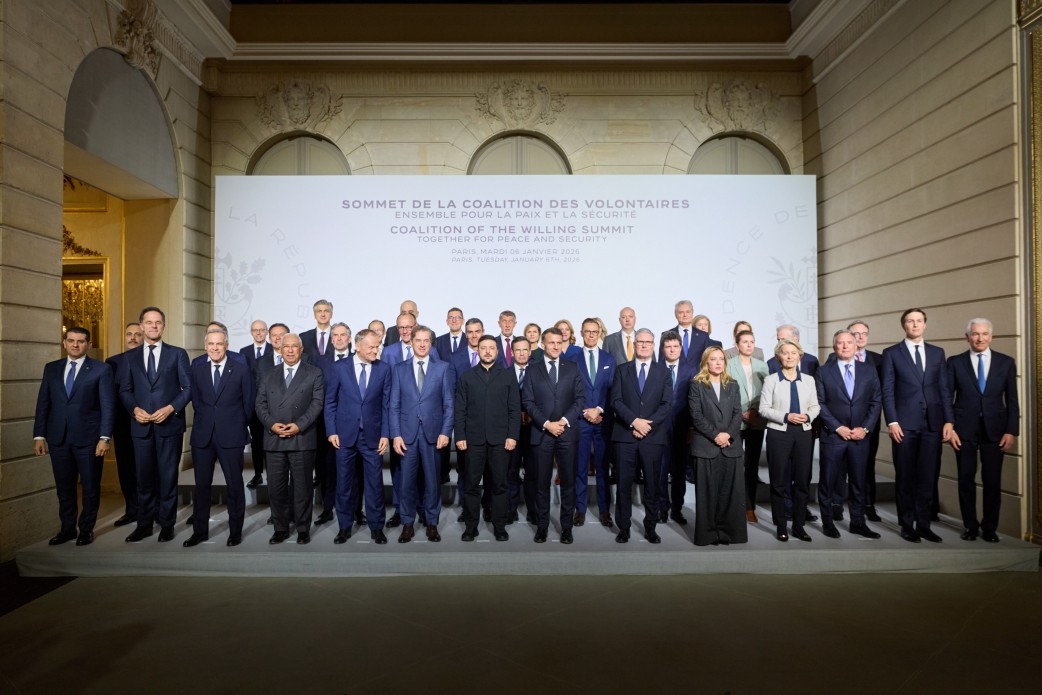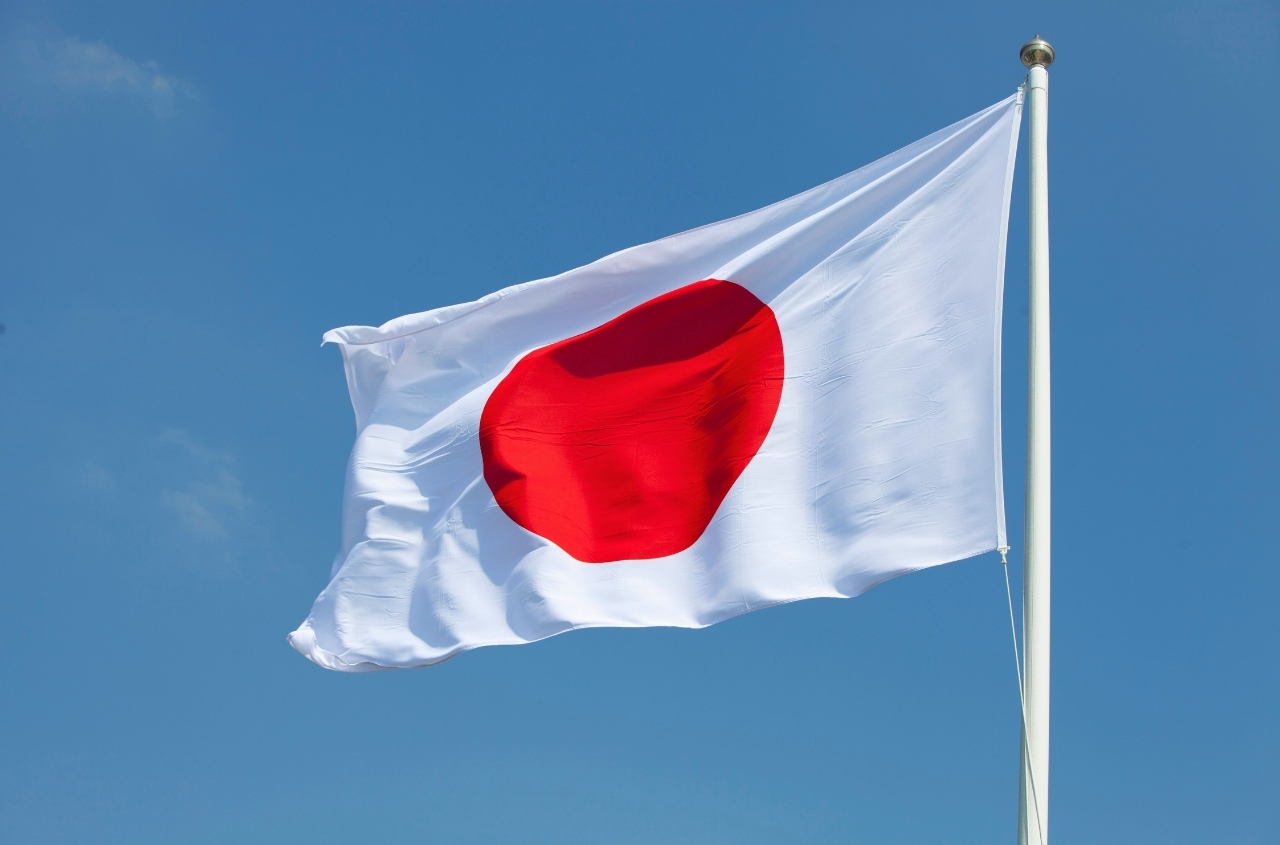Doctor of Economics, Professor at the Moscow Higher School of Economics (HSE), Igor Lipsits, in a conversation with Russian human rights defender Mark Feygin, discussed whether the overall economic model of Putin's Russia has changed.
"You know, as I was trying to summarize this for myself, I came up with a term that might not be very elegant, but it captures the idea: in Russia, there's a "Minus Perestroika" happening. Let me explain so you understand what I mean. Back in 1985, Gorbachev initiated a Perestroika that had a positive sign, because it added a lot of things that weren't there before. Freedom of speech, freedom of thought, freedom of movement, freedom of the press – these were introduced, and it was generally a positive development. Reforms began, both legal and economic, and even cooperatives and cooperative banks emerged under Gorbachev. It was all a "plus" added to what the Soviet economy had. However, now, starting around 2014 and especially in 2022, a "Minus Perestroika" has begun.
Russia is losing one element of its previous structure after another. It's losing freedom of speech, freedom of thought, and people. It's losing the ability to trade normally and freely. Even though we might not fully realize it today, Russia now has significantly less economic sovereignty than it used to.
It's no longer entirely free to decide where to sell, to whom, how to dictate prices, or how to conduct transactions. It's constrained within a tight corridor where it's trying to maneuver, but its freedom has been limited. And it's losing more and more.
Currently, it's losing people. And that's already been a major issue for Russia. The country is undergoing a process that scientists clumsily call depopulation. In simpler terms, it's a dying country, losing its population. When you look at projections, things were bad even before the current situation. By the end of the century, they expected the population to decrease to 90-100 million people from the current 146 million. Now, with the current circumstances, of course, the situation is worsening due to falling birth rates. We're witnessing record-low birth rates, and a significant rise in women's desire to terminate pregnancies, buying emergency contraception.
We're seeing a decline in the population, even though we don't know the exact numbers. We're witnessing relocation on a large scale, and all of this is clearly negative – negatives upon negatives.
So, Russia has entered a phase of "Minus Perestroika." It's a major problem for the people of Russia, and in the grand scheme, it will undoubtedly permanently alter, perhaps even reshape the face of Russia. I'm hesitant to use such words, but they seem fitting because fixing this will be incredibly difficult, if at all possible."





















